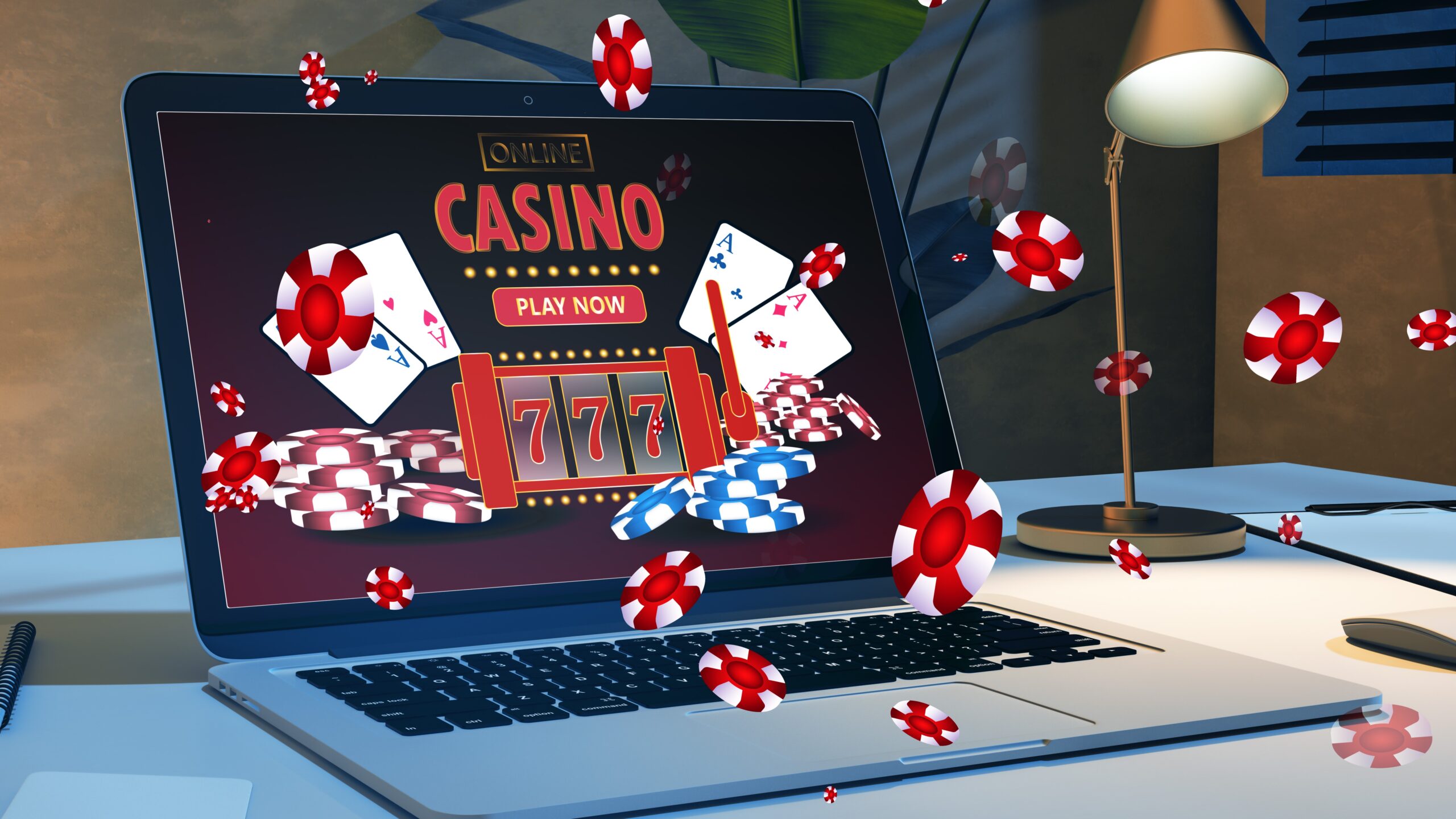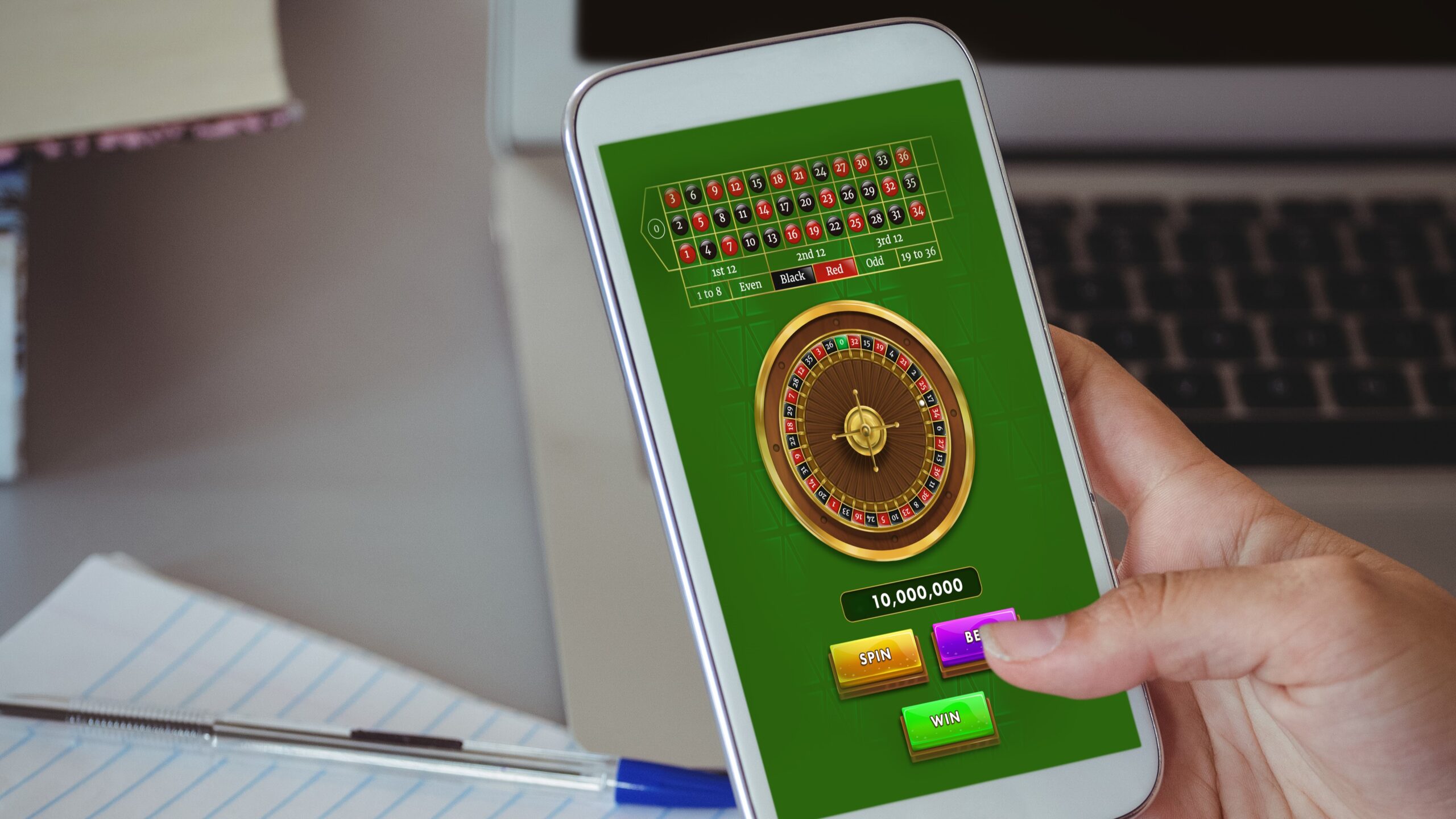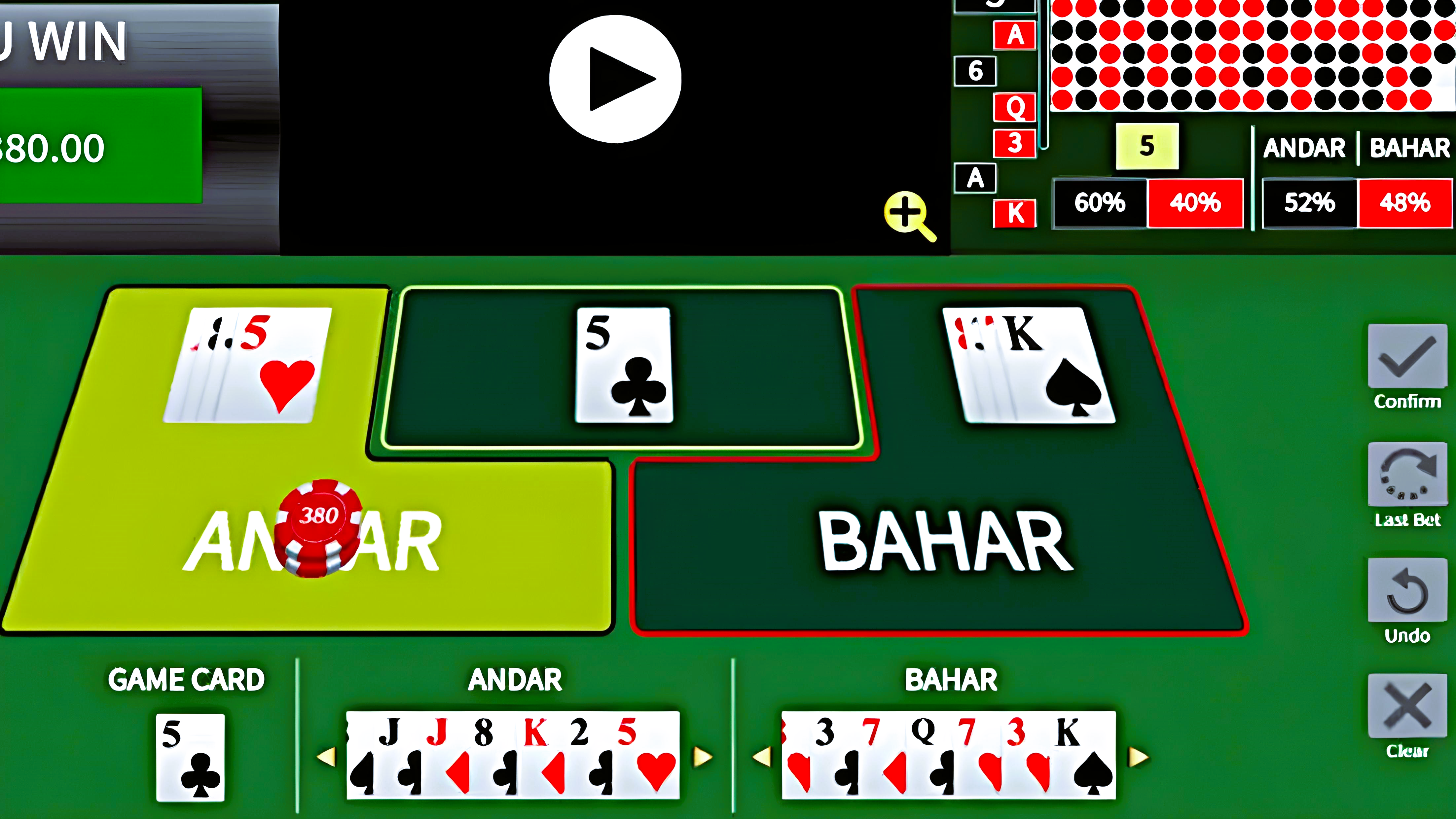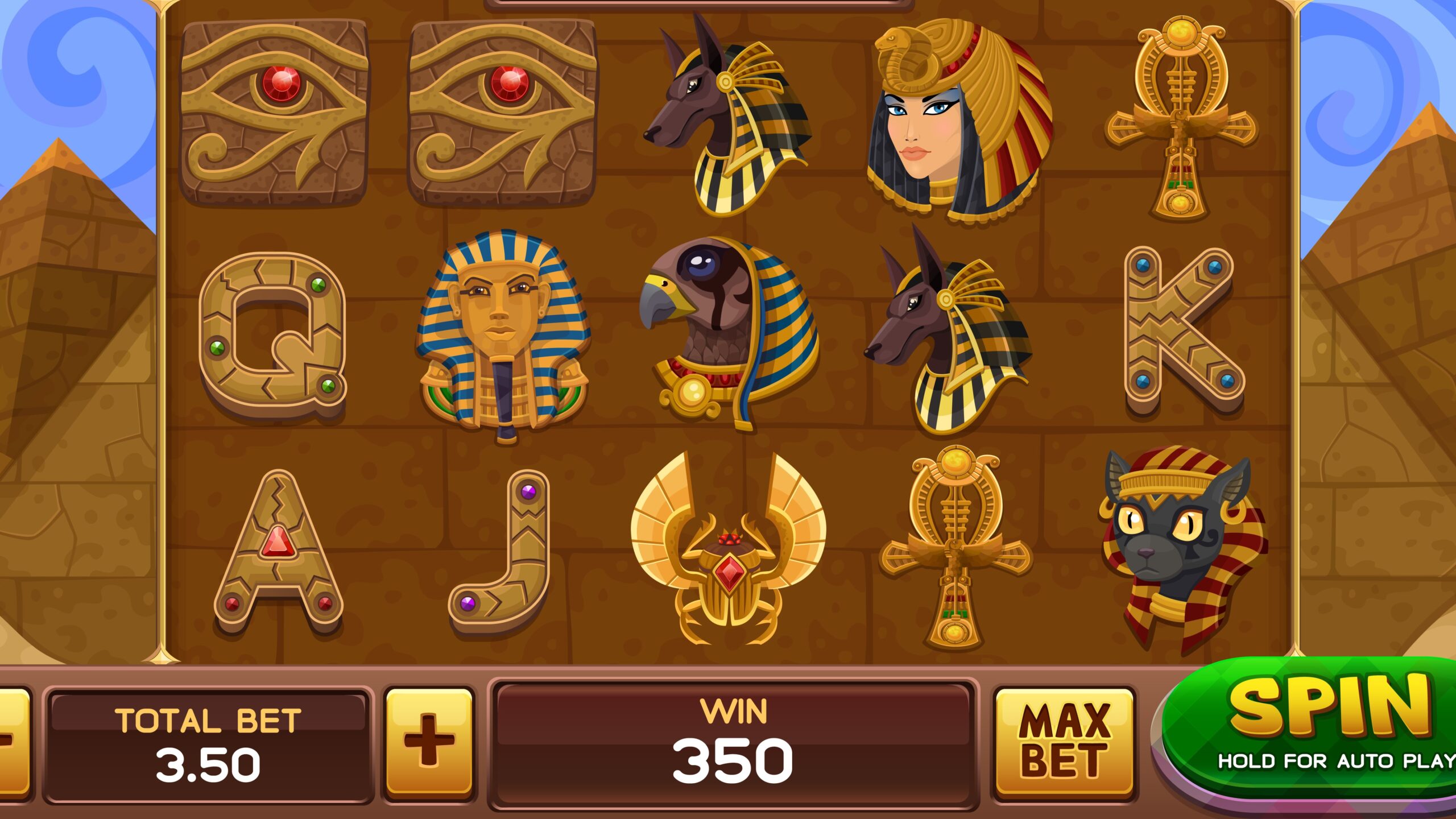Online casinos are booming in India. But with great opportunity comes great responsibility — especially when your hard-earned money is involved. So, how do you spot a trustworthy casino in the sea of options out there? Let’s break it down, step-by-step, like you’re learning the ropes from a friend.
The Rise of Online Gambling in India
India has a long-standing relationship with games of chance. From traditional card games like teen patti and rummy to betting during cricket matches, gambling has been embedded in social and cultural practices for generations. With the expansion of internet access and smartphones, this interest has seamlessly transitioned to the digital world. Today, online casinos offer the same thrill of playing, but now it’s available 24/7 and from the comfort of one’s home. This shift has opened up a whole new market, especially among the tech-savvy younger generation who are seeking entertainment and potential earnings through digital platforms.
The growth of online gambling in India is nothing short of explosive. Foreign-based casinos that cater specifically to Indian players have flooded the market, offering games in local languages, accepting Indian rupees, and integrating popular payment methods like UPI and Paytm. The convenience, accessibility, and variety available online have made these platforms more appealing than traditional gambling setups. As the industry continues to evolve, more players are drawn into this space, making it even more important to understand the environment and choose platforms that are secure, regulated, and trustworthy.
Why Choosing the Right Casino Matters
Not all online casinos operate with the same standards or integrity. While many are regulated, licensed, and committed to fair play, others exist solely to exploit players. These dishonest operators may offer unrealistic bonuses, delay or deny payouts, or manipulate game results. Players who aren’t cautious may find themselves victims of scams or data breaches. That’s why choosing a reliable and transparent casino is more than just about entertainment—it’s about protecting your money and personal information.
Beyond safety, a trustworthy casino ensures a better overall experience. You’ll get access to high-quality games, smooth withdrawals, responsive customer support, and fair promotions. In contrast, a sketchy site can leave you frustrated, confused, or even financially harmed. The stakes are high when real money is involved, so doing proper research and selecting a casino that ticks all the right boxes is essential. Making the right choice means turning your gaming experience into something enjoyable and potentially rewarding—rather than stressful and risky.
Legality of Online Casinos in India
Is Online Gambling Legal in India
The legal status of online gambling in India is complicated. There is no uniform national law that clearly bans or permits online casinos across the entire country. Instead, the power to regulate gambling has been left to individual states, resulting in a legal grey area. This means that while online gambling isn’t explicitly illegal at the federal level, it isn’t completely legal either—it really depends on where you live.
- No blanket ban on online casinos in Indian national law.
- Most online casinos accessible in India are licensed overseas (e.g., Curacao, Malta).
- These platforms legally accept Indian players, since they don’t operate from within India.
- Indian players can freely access these websites, as there’s no widespread blocking.
- However, some states prohibit all forms of online gambling, which can make using these platforms risky depending on your location.
In short, online gambling is not technically illegal for most Indians—but it’s not 100% legal either. This ambiguity is what gives rise to a booming market that still exists largely unregulated within the country.
State-Wise Differences in Gambling Laws
Since Indian states have the power to make their own laws regarding gambling, the rules vary significantly from one region to another. Some states have embraced gambling (both online and offline) as a source of revenue, while others take a strict moral stance against it.
Here’s a quick look at how different states handle online gambling:
- Sikkim: One of the few Indian states to regulate online gambling through a licensing system. Legal online platforms are allowed under government supervision.
- Goa: Known for its legal land-based casinos, Goa has more relaxed gambling laws, though online regulation is still evolving.
- Nagaland: Has legalized online skill-based games, including poker and rummy, through licenses.
- Maharashtra: A strict state when it comes to gambling. The Bombay Wager Act prohibits all forms of gambling, including online.
- Telangana and Andhra Pradesh: Recently passed laws banning all online gambling, including games of skill.
This means that:
- Some states support and regulate gambling.
- Some states have no clear laws, creating uncertainty.
- Other states ban it completely, making participation potentially punishable.
So, before you join an online casino, you need to:
- Check whether your state has any specific laws about online gambling.
- Make sure the platform is licensed and secure.
- Understand the risks if your state prohibits such activity.
Understanding these state-by-state differences is crucial if you want to stay safe and on the right side of the law while enjoying online gaming in India.
Key Factors to Consider Before Choosing an Online Casino
When choosing an online casino, it’s not just about flashy bonuses or cool graphics. You’re putting your money and personal information into a website — so you need to treat it like online banking. Before you sign up and make a deposit, there are a few non-negotiable factors you should always evaluate. Think of it like checking a car before buying — you wouldn’t drive off the lot without checking the engine, right?
| Factor | Why It Matters | What to Look For | Red Flags |
| Licensing & Regulation | Ensures the casino operates legally and follows industry standards. | Licenses from MGA, UKGC, Curacao, Gibraltar | No license info or fake certificates |
| Security & Data Protection | Protects your personal and financial information from hackers and misuse. | SSL encryption, HTTPS, privacy policy | No HTTPS, vague or missing policies |
| Game Variety & Software | Affects your gameplay experience and fairness. | Games by NetEnt, Microgaming, Evolution, Playtech | Only low-quality or unknown games |
| Payment Methods | Determines how easily you can deposit and withdraw money. | UPI, Neteller, Skrill, bank transfers, crypto | Only credit card or shady payment links |
Licensing and Regulation
When you’re selecting an online casino, licensing should be the very first thing you check. A license means the casino has met strict guidelines for fairness, financial transparency, and player protection. Reputable casinos are licensed by authorities like the Malta Gaming Authority (MGA), UK Gambling Commission (UKGC), Curacao eGaming, or the Gibraltar Regulatory Authority. These regulators ensure casinos play by the rules — and take action if they don’t. If a casino doesn’t clearly display licensing information at the bottom of its homepage, that’s a major red flag.
Here’s a tip: click on the license logo. A legitimate one will link to a verification page on the regulator’s site. If it doesn’t, it could be fake. Licensed casinos are also required to have strict anti-money laundering (AML) policies, fair game testing through agencies like eCOGRA, and transparent terms and conditions. Think of it this way: a licensed casino is like a restaurant with a health certificate — it doesn’t guarantee perfection, but it means someone’s checking in on them regularly.
Security and Data Protection
When you sign up for an online casino, you’re not just giving them your email. You’re sharing your address, banking details, and sometimes even documents like your ID or passport. That makes security a top priority. A legitimate casino should use SSL encryption — you’ll usually see a padlock icon in your browser bar. This means your data is protected during transmission, like putting it in a digital vault.
Besides encryption, check if the casino has a detailed privacy policy and supports two-factor authentication (2FA). These features make it harder for your account to be hacked. Avoid any casino that asks for strange personal information or makes it difficult to find their security policies. A casino without solid protection is like leaving your front door wide open — don’t take that risk with your hard-earned money.
Game Variety and Software Providers
The best online casinos offer hundreds or even thousands of games, but it’s not just about quantity — quality is just as important. Look for well-known software providers like Microgaming, NetEnt, Evolution Gaming, Playtech, and Pragmatic Play. These companies develop games with certified random number generators (RNGs) and fair play practices. You’ll also notice better graphics, smoother gameplay, and fun features like live dealers or progressive jackpots.
If a casino only offers games from unknown or generic providers, that’s a red flag. These games might be poorly designed, unfair, or even rigged. Good casinos regularly update their game libraries and allow you to filter by provider, genre, or even RTP (return-to-player percentage). Don’t settle for boring or sketchy games — the best platforms offer everything from video slots to poker, blackjack, roulette, live shows, and more.
Payment Methods and Transaction Security
When it comes to your money, fast and safe transactions are non-negotiable. A trustworthy casino should offer a wide variety of deposit and withdrawal options, including local methods like UPI, Paytm, PhonePe, and international services like Neteller, Skrill, Visa, Mastercard, and even cryptocurrency. The more options, the better — because it shows the casino understands its audience and is integrated with legitimate financial networks.
Also, check the withdrawal limits, processing times, and whether they charge any hidden fees. Some rogue casinos will let you deposit instantly but make withdrawals painfully slow or even block them altogether. Make sure the platform explains how long transactions take (typically 24–72 hours for withdrawals) and whether they support fast payout options. Your money should move easily — both in and out.
How to Check the Reputation of a Casino
Read Real User Reviews
One of the fastest ways to get the inside scoop on an online casino is to read what actual players are saying. Don’t just rely on the glowing testimonials on the casino’s own website — head to independent platforms like Reddit, Trustpilot, or gambling forums where users openly discuss their experiences. These places are goldmines for honest feedback. If someone’s been scammed, had withdrawals delayed, or faced issues with customer support, they’ll definitely talk about it.
While reading reviews, look for recurring complaints — that’s usually a warning sign. One or two bad experiences could be unlucky, but if dozens of users say the same thing (e.g., “can’t withdraw funds” or “bonus never arrived”), that’s a big red flag. Also, see how the casino responds to complaints. Do they offer support, or just ignore the issues? A reputable casino engages with its community and tries to fix problems, not hide them.
Explore Trusted Casino Review Platforms
In addition to forums and user feedback, you can also rely on professional casino review sites. These platforms dive deep into the casino’s operations, check licensing credentials, test their games and bonuses, and even rate their customer service. Some of the most trusted review sites include:
- AskGamblers
- Casino Guru
- The Pogg
- Online Casino Reports
These sites often feature blacklists, dispute resolution tools, and scam alerts, so you can avoid bad actors. They also break down complicated terms (like wagering requirements) and show you which casinos are best for specific needs — whether you want fast payouts, crypto support, or high-roller bonuses. Don’t skip this step — it can save you a lot of trouble down the road.
Check for Blacklists or Scam Reports
Finally, before depositing a single rupee, check whether the casino appears on any scam or blacklist databases. If a casino has a history of fraud, rigged games, or withholding funds, chances are someone has documented it. Reputable sites like Casino Guru, ScamAdvisor, or AskGamblers maintain regularly updated lists of platforms to avoid.
Here’s what to watch out for:
- Casinos blacklisted due to non-payment or slow payouts.
- Sites accused of rigged games or tampering with results.
- Platforms that refuse to close accounts or trap users in bonus schemes.
- Fake licensing or misrepresentation of legal status.
If you see a casino’s name pop up on multiple scam lists — stay far away. The risk simply isn’t worth it.




